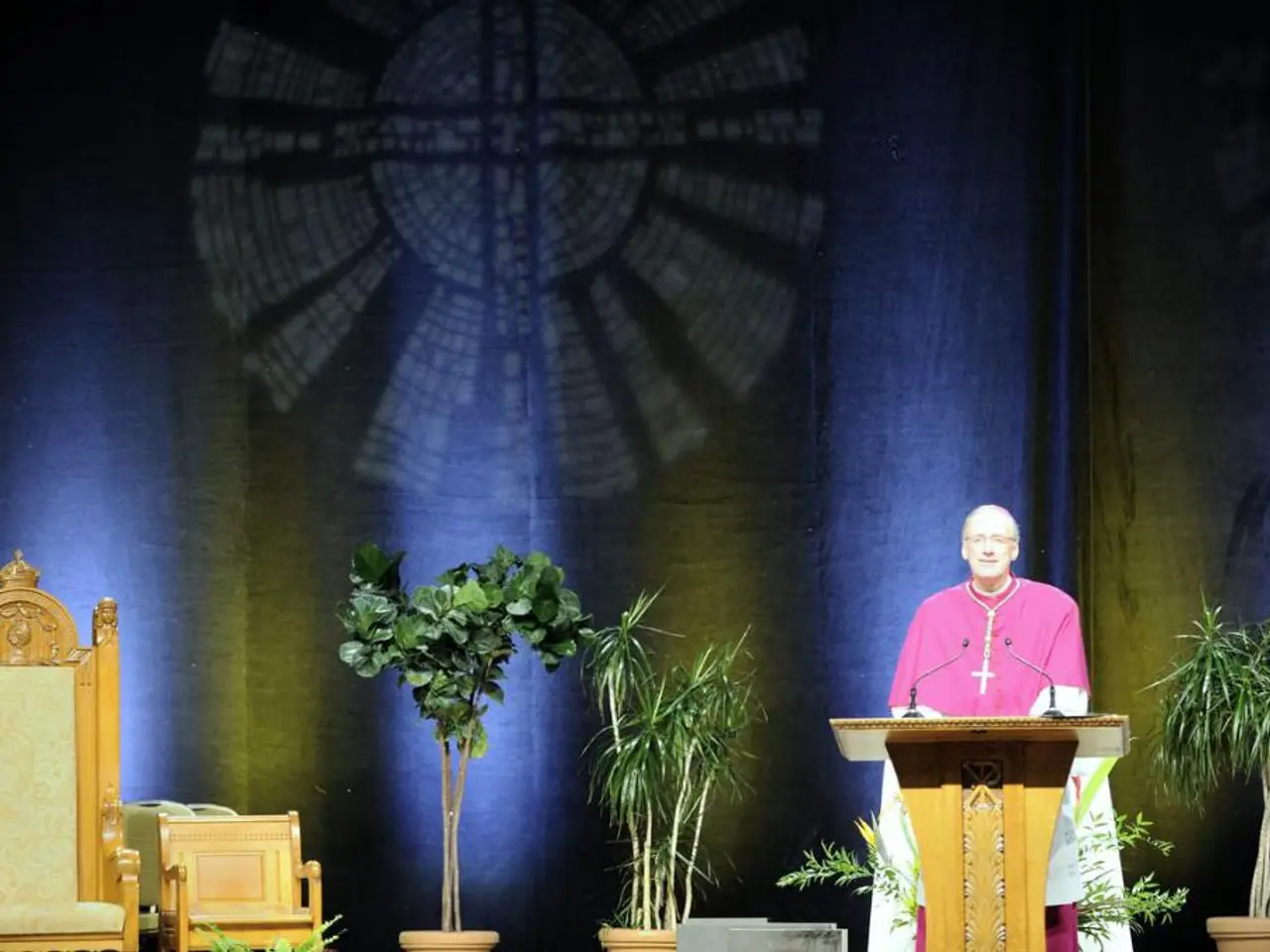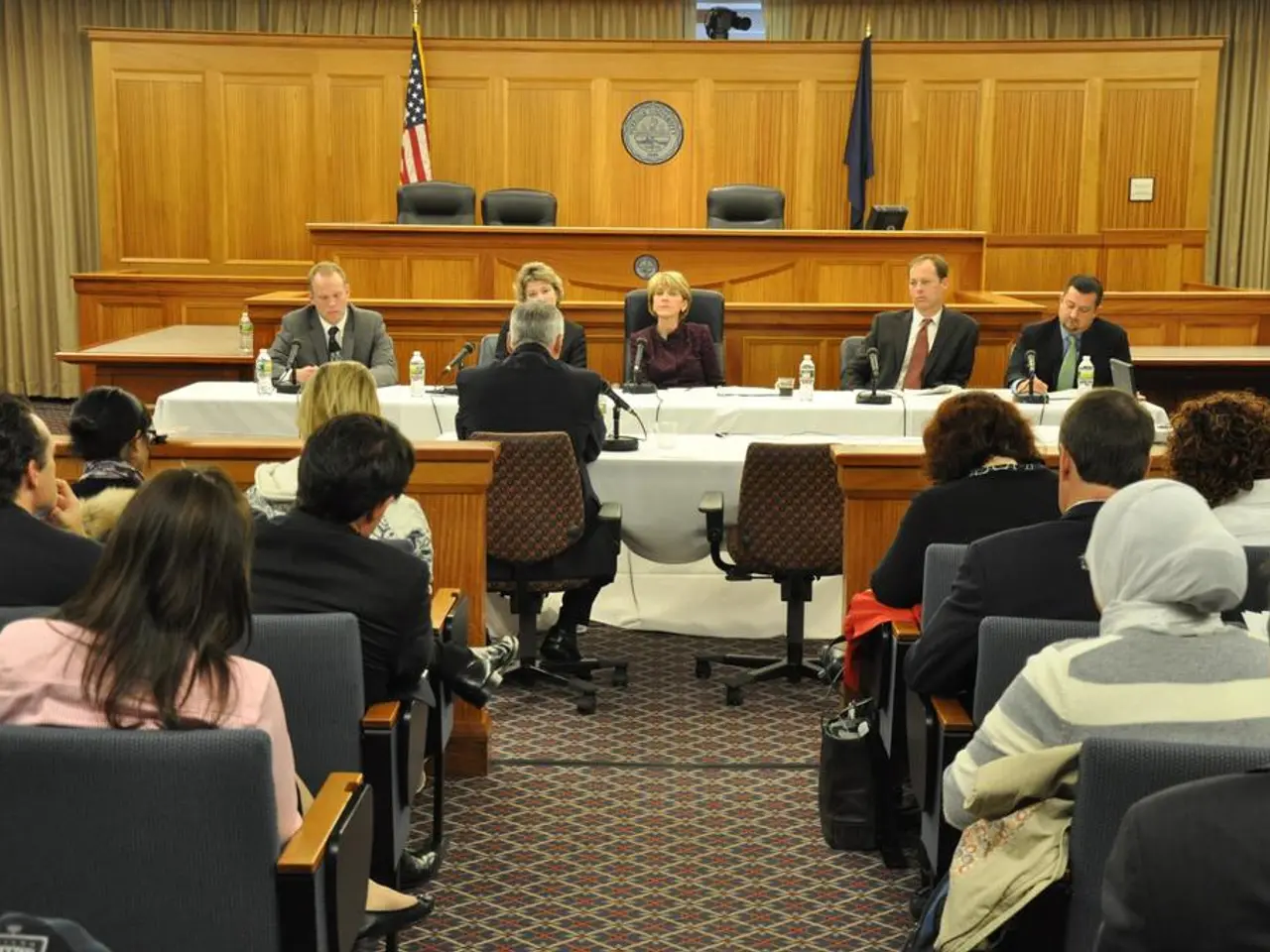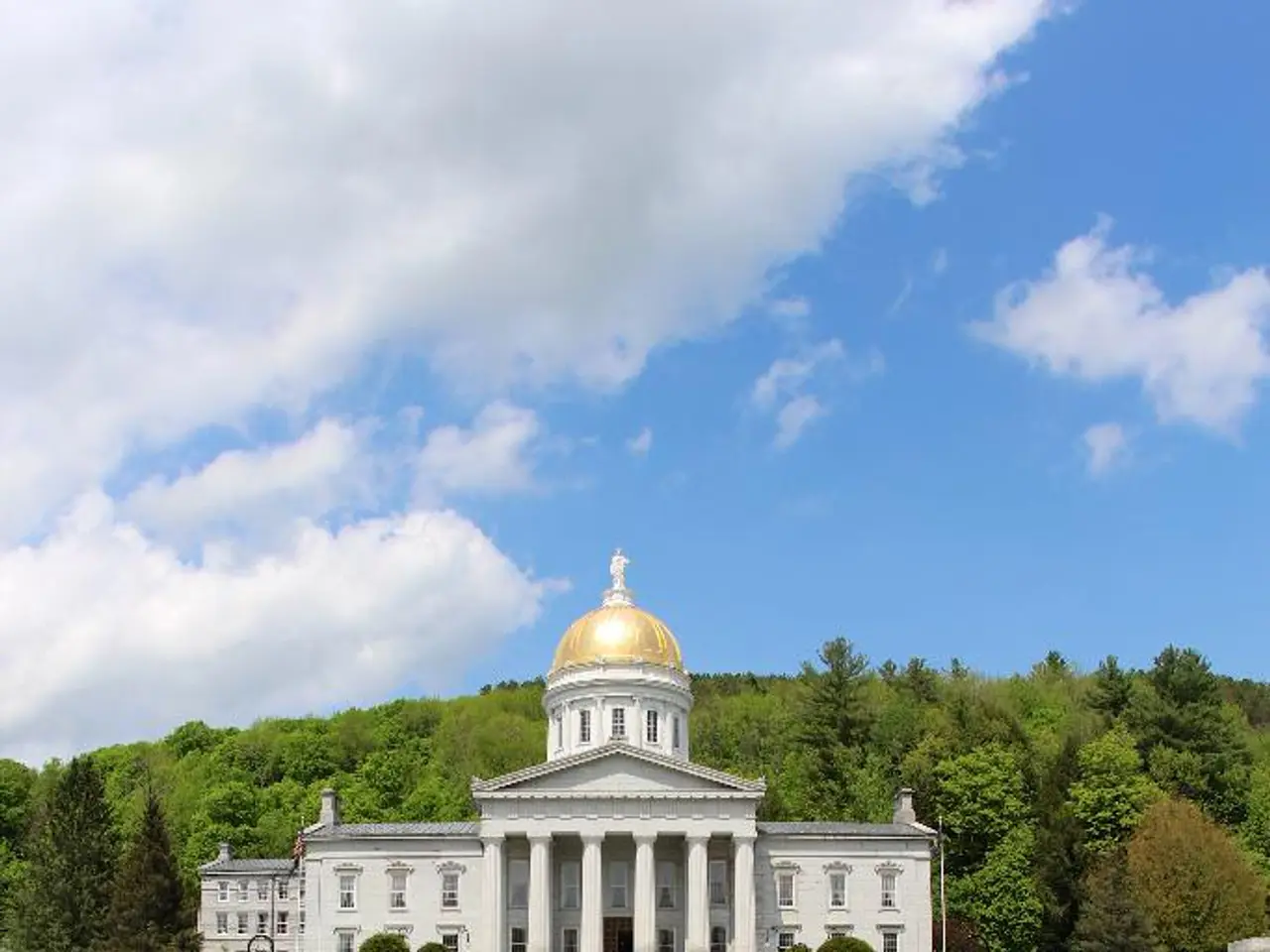Military Chief retracts West Point appointment for ex-Biden advisor under influence from conservative extremists
Political Influence in Military Academies: A Controversial Trend
Recent developments have highlighted a growing trend of political involvement in the nation's military academies, with West Point serving as a prime example. This interference has manifested in both staffing decisions and curriculum changes, causing controversy and raising concerns about academic freedom.
The most prominent instance of this trend is the withdrawal of a job offer to a former top national security official who served under President Joe Biden. Army Secretary Dan Driscoll announced this decision, citing pressure from far-right activists as the reason for the rescinded offer[1]. The move signalled tighter political control over personnel decisions at West Point, with Driscoll also ordering a review of hiring practices and halting the practice of allowing non-governmental groups to select employees[1].
The impact of political influence extends beyond staffing decisions. A tenured philosophy professor at West Point, Graham Parsons, resigned after 13 years due to the elimination of courses, modification of syllabuses, and censorship of arguments to align with the ideological tastes of the Trump administration. Parsons described this as a "sweeping assault" on academic freedom at the Academy[1].
Political scrutiny also extends to cybersecurity and related leadership. Jen Easterly, the former head of CISA, faced criticism when West Point terminated an agreement with her office. The move was framed as part of broader Pentagon interventions in military education's organizational matters[1][4]. The House Judiciary Committee has also launched accusations against CISA under Easterly, although further context is required to fully understand these allegations.
The Pentagon has taken steps to remove "divisive concepts" from the curriculum and libraries of service academies, ordering the removal of books dealing with issues such as race, gender ideology, and other "divisive concepts"[2]. This is evident in the US Naval Academy's decision to remove nearly 400 books from its main library in an attempt to comply with President Donald Trump's executive order mandating the removal of all "diversity, equity, and inclusion" content from K-12 schools[3].
In a separate memo, the Pentagon's political leadership has focused admissions to service academies exclusively on merit, with no consideration of race, ethnicity, or sex[4]. This policy shift has been met with mixed reactions, with some arguing that it is necessary to ensure fairness and equal opportunity, while others express concerns about the potential impact on diversity and inclusion within the military.
This increasing political involvement in military academies has sparked resignations, controversy over academic freedom, and concerns about politicizing military education. It reflects a broader trend of political oversight in national security-related institutions, with parallel scrutiny and political challenges affecting associated agencies like CISA[1][4].
References:
- The New York Times
- The Washington Post
- The Associated Press
- The Hill
- The controversy over the political influence in military academies, as exemplified by West Point, has led to resignations and raised concerns about academic freedom, policy-and-legislation, and the role of politics in war-and-conflicts.
- The elimination of courses, modification of syllabuses, and censorship of arguments at military academies under political pressure, such as the case at West Point with philosophy professor Graham Parsons, is a matter of general-news and points to the wider issue of academic freedom.
- The impact of politics extends to hiring practices at military academies, with instances like the withdrawal of a job offer to a former top national security official and the Pentagon's policy shift on admissions, criminalizing any consideration of race, ethnicity, or sex, thereby influencing crime-and-justice matters.








